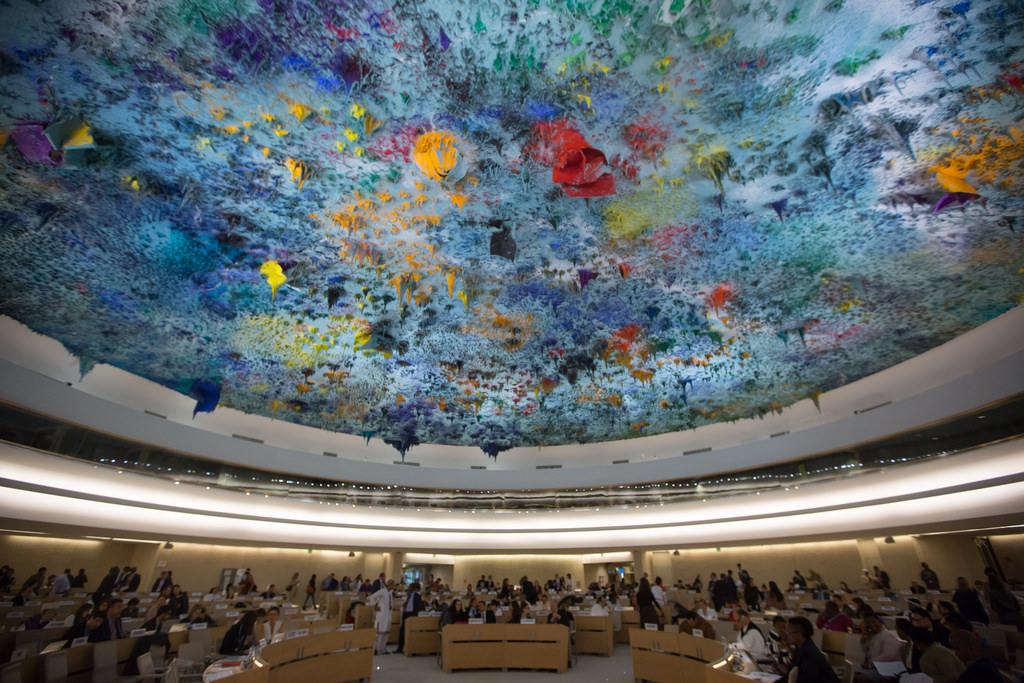The seventh United Nations High Commissioner for Human Rights, Michelle Bachelet, assumed her duties on 1 September 2018. The former Chilean president was also the first executive director of UN Women and chaired the Partnership for Maternal, Newborn and Child Health, an alliance between the World Health Organization and over 1,000 health organisations from around the world. Earlier in her political career, she was both health minister and the first female defence minister of Chile.
Ms Bachelet assumes her role at a challenging time. The Human Rights Council, the main UN human rights body, has come under criticism and suffered a blow when the United States withdrew from the Council earlier in 2018. The human rights body also faces an uncertain funding future, while the general global climate, marked by the rise of extreme right parties and prolonged conflicts, is becoming hostile towards human rights. This is a difficult context to inherit, but many believe that Ms Bachelet’s long career in politics and as a human rights advocate signals that her appointment – to lead the work to ensure human rights for all – is a judicious one. In addition, her experience as a paediatrician and health minister suggests there will be greater focus on health as a human right.
As a former political prisoner, Ms Bachelet is no stranger to human rights abuses, and these experiences provide a unique reference point and connection with individuals suffering human rights abuses today. The appointment of someone with first-hand experience as a victim may prove very important amidst the current international turmoil. As UN High Commissioner for Human Rights, Ms Bachelet highlighted health and well-being in her opening statement at the Human Rights Council in September. She drew particular attention to maternal health and to the health and well-being of migrants, and also referred to how poor health and the lack of healthcare often go hand-in-hand with other human rights violations.
Many health and human rights advocates would point to the historical abortion legislation of 2017 as one of the highlights of Ms Bachelet’s presidency. Her proposal to ease the country’s total ban on abortions in cases of pregnancy resulting from rape, when it endangers the health of the mother or when the fetus is not viable, was accepted in the senate after two years of debate and push-back. The eventual success of the bill is a testament to her determination and resilience to promote human rights and health against strong opposition. Because of her previous domestic policy priorities, as well as her international role as a women’s rights advocate, Ms Bachelet is expected to place great emphasis on women’s rights.
Health is a political issue and requires political will in order to translate commitments into actions. Ms Bachelet’s experience, both as a head of state and as head of a UN body, equip her with the necessary skills to navigate the international policy landscape and gain access to high-level policy-makers, which is often required in order to foster agreements and secure deals in a difficult political environment. She has played the delicate game of politics successfully before, and the political contacts made during her terms as president can prove useful in her current role. Health is also about the well-being and dignity of individuals, and a strong, resilient human rights chief, with a personal, professional and political experience of the link between health and human rights, may prove invaluable for millions of people around the world.


